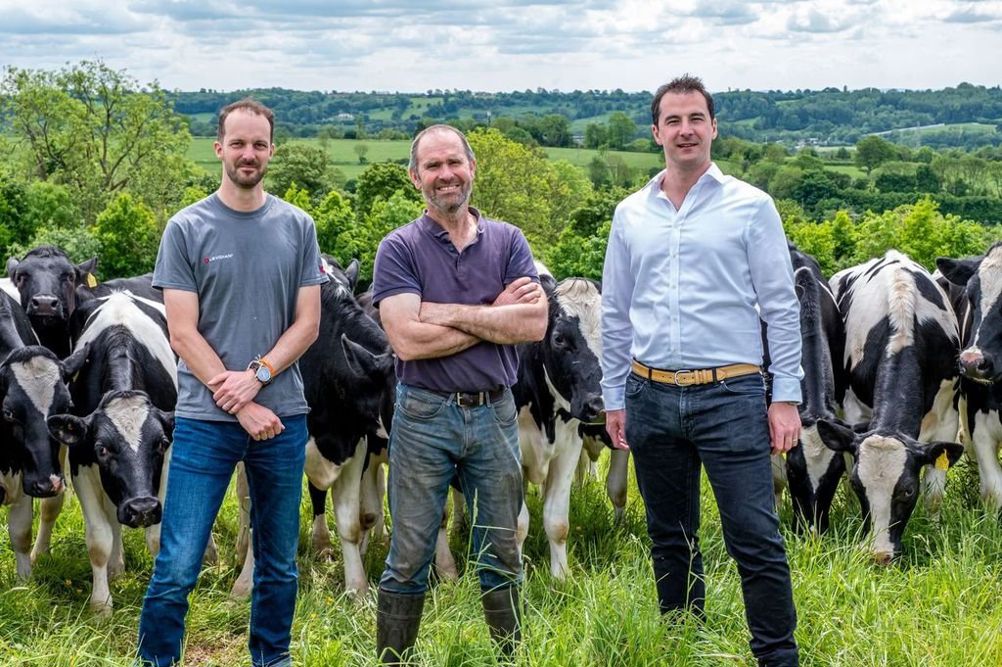Best known for hosting hundreds of thousands of festival goers each summer, Worthy Farm is also home to around 1,000 cows that produce thousands of tonnes of slurry each year.
Currently, this slurry is combined with waste silage and fed into an on-site anaerobic digester, generating biomethane. Farm owner and festival founder Michael Eavis is now deploying UK firm Levidian’s LOOP technology to convert some of this biomethane into hydrogen and graphene.
Related content
LOOP uses a patented low-temperature, low-pressure process to crack methane into its constituent atoms, hydrogen and carbon, without the need for catalysts or additives. On Worthy Farm, the hydrogen will be used as part of a reduced-carbon gas blend for its existing combined heat and power plant.
Meanwhile, the graphene will be sold as an additive that can be used to improve the performance of a wide range of materials including consumer electronics and sporting goods. It’s claimed the installation – deployed by LOOP in partnership with Hexla - will deliver a saving of up to 25 tonnes of carbon dioxide equivalent each year.
“Since early 2019, our team has been researching clean hydrogen production technologies around the world, so it is a great pleasure to be announcing what we expect to be the first of many successful deployments in conjunction with Levidian today,” said Hexla founder, Andy Yeow.
“The Levidian LOOP, with its unique solid carbon by-product of high-quality graphene, is the standout technology – from both a thermal efficiency and marginal cost basis – in an extremely competitive field.”

Hexla is providing financial support to Levidian for the development of an industrial-scale LOOP1000 platform. It’s claimed that scaling up the LOOP tech will allow the partners to deliver the lowest cost clean hydrogen in the world over the lifetime of the plant, with graphene revenues further enhancing the economics.
“The Worthy Farm project is a great example of innovation within the agricultural sector and an important showcase of the vast flexibility and potential of our technology in decarbonising hard-to-abate industries, while unlocking new revenue streams,” said Levidian CEO, John Hartley.
“We’re delighted to be working with Hexla to help further our aims for this pioneering technology, including the development of our LOOP1000 unit, which will deliver industrial-scale levels of decarbonisation and place us amongst the best available carbon capture technology on the market.”
Visit our jobs site https://jobs.theengineer.co.uk/ to find out about some of the latest career opportunities at industry's biggest employers











Comment: Hydrogen requires a long-term mindset
I'm fairly certain there were plenty of nay sayers in the early 19th century that refused to see the benefits of railways and steam power and...